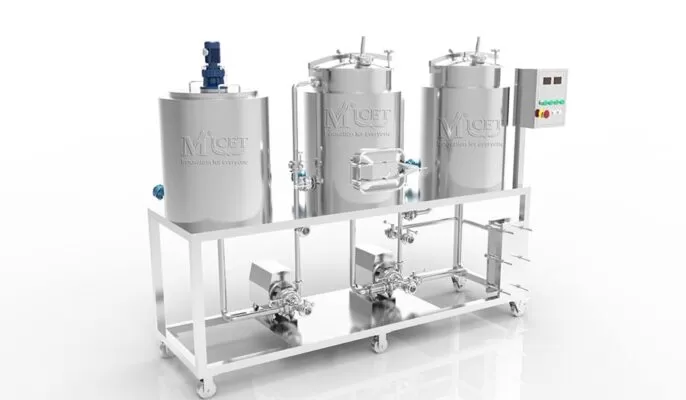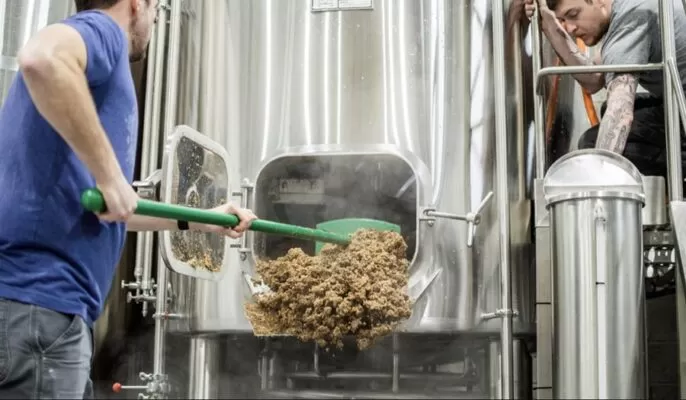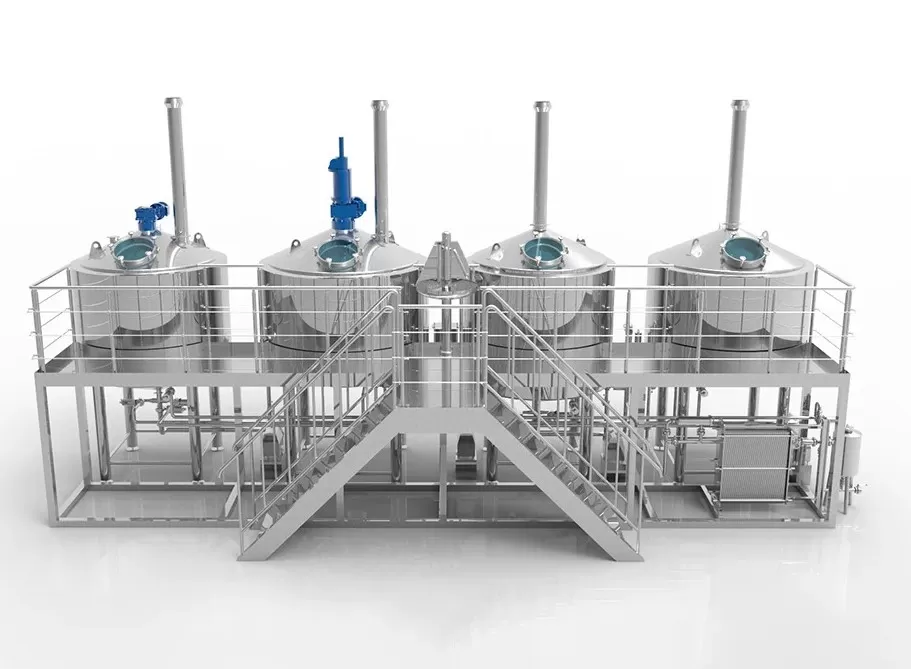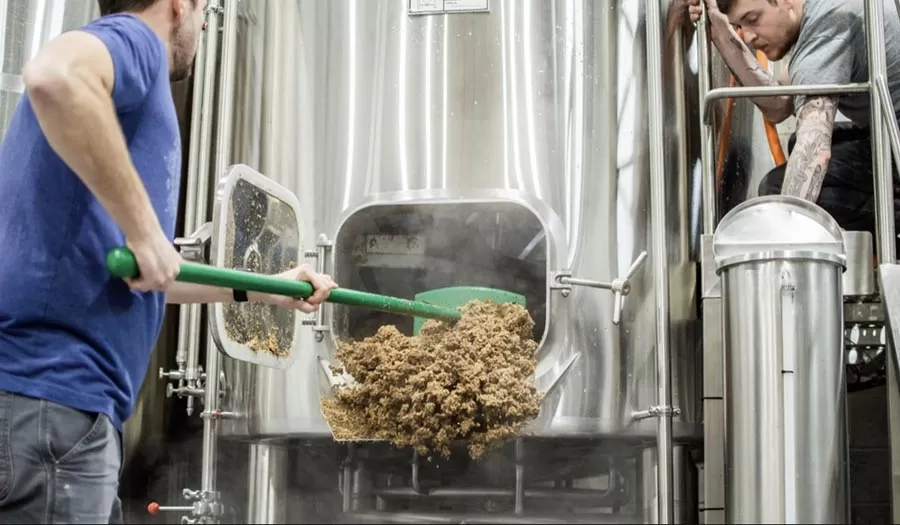Every brewery has a brewhouse, which is the basis of brewing. Breweries vary in functionality, size, etc. depending on the requirements, size, and financial situation of the brewery. So the brewery uses a smaller brewing system to test new recipes. These pilot brewing systems are one of the ways they can bring new products to market and continue to generate buzz for the brewery. One of the most important tools for brewers of all levels is a pilot brewing system.
What is a pilot brewery?
A pilot brewery is a smaller system usually located within the main brewery. As a result, breweries can produce smaller quantities of beer than with large systems. The size of the pilot system usually depends on the size of the main brewery.
Pilot brewing systems are auxiliary systems used in breweries. Pilot brewing is smaller compared to the main system. Brewing on these pilot brewing systems is not as automated and requires more labor costs.
The purpose of a pilot brewing system is to produce small batches of beer that complement their main beers, often trying out new recipes to create new beers.

Why do breweries have pilot brews?
Brewing a small batch or a large batch of beer takes about the same amount of time and effort. So if you already have a main system for brewing, there may not seem to be a point in having a pilot system.
There are two main reasons: risk and sales
Often, experimental beers are produced from experimental brewing systems. This minimizes their financial risk if the beer they brew doesn’t taste good but is produced in small quantities.
Even if the brewed beer is good, it doesn’t mean there’s a huge demand for that flavor. So, small-scale production of beer is suitable for limited quantities. As you can see, the limited volume and greater risk will not apply to larger brewing systems.
Regardless of the size of the brewery, a pilot brewing system is important for every brewery. As breweries grow in size, they often need more brewing capacity than their systems can handle. In this case, the brewery cannot waste time brewing experimental beers on its main system.
But, a brewery with a completely new system may find that their extra brewing capacity is too much of a risk on test batches of a new recipe. So, in both cases, these breweries need to test new recipes without interrupting their normal brewing schedule. They all want options to limit the risk if a new beer doesn’t meet their taste or quality standards.
Types of pilot brewing systems
The pilot brewing system is sized relative to the main brewing system. Some are as small as home brewing systems, while others are larger than other breweries’ main breweries.
The challenge is to balance a system that delivers a volume of beer that allows the brewery to sell while still providing a quality product.
The goals of the brewery must also be considered. For those who want to test new recipes, they will want to make small batches often. Other breweries will use its pilot brewing system to produce special release beers. The quality of these products must be very high, but quantities are limited.
Least size recommendations for pilot systems
No matter how small a brewery is, a pilot system is in place. Make sure the system allows for packaging of two barrels of final beer. It can be the smallest keg you fill, for example 2 x 20 liter kegs.
The reason this is recommended is that if you have tap space you can add beer and receive real-time feedback. Having two barrels of beer means that quite a few people can try it and the reviews received are more helpful.
Also, if it’s a new beer, it’s worth two barrels to give people time to visit and try the new brew.

Why is pilot brewing system important?
It’s important to pilot your brewing system. First, it allows brewers to try new beer recipes without having to brew on a large scale. This means brewers can test the quality of their beer before going into full production, saving time and money in the long run.
Second, pilot brewing systems allow brewers to test the quality of their ingredients before brewing on a larger scale. This means brewers can identify any potential issues with their ingredients before they occur, ensuring consistent beer quality.
Advantages of a pilot brewery
Improved quality control: Pilot brewing systems allow brewers to watch the brewing process and make adjustments as needed. By brewing small batches of beer, brewers can catch any problems with their ingredients or process before they arise. This ensures the beer is of consistent quality and meets high standards.
Cost Savings: Brewers can save money by using a pilot brewing system. By testing their beers on a small scale, they can identify and fix problems before going into full production. This helps them avoid costly mistakes and produce high-quality beer that meets customer expectations.
Creative Experimentation: Pilot brewing systems allow brewers to try new recipes and techniques. By experimenting with different ingredients and brewing methods, brewers can produce unique and interesting beers that can help them attract new customers.





Its like you read my mind! Yoou ssem tto know a lot aboutt this, ljke you wrotee tthe book in iit oor
something. I thihk thatt yyou ciuld do witfh a feew pics tto driive
the message hoe a little bit, buut instea of that, tis is
exellent blog. A greazt read. I’ll certainly be back.
I have no idea how I got here, but I thought this post used to be fantastic.